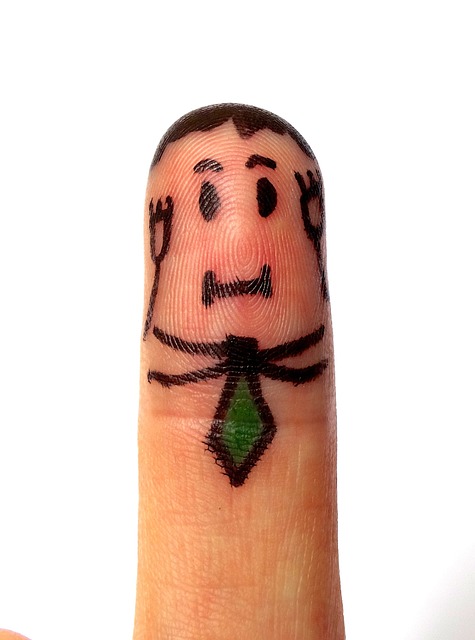Irrational beliefs are an intrinsic part of the human experience, often leading to emotional distress, anxiety, and unhappiness. Rational Emotive Behavior Therapy (REBT), developed by Albert Ellis, offers a valuable framework for understanding and addressing irrational beliefs.
This article explores the concept of irrational beliefs within the context of REBT, highlighting their impact on mental well-being and presenting strategies to challenge and replace these beliefs.
Understanding Irrational Beliefs
REBT posits that irrational beliefs are at the core of most psychological disturbances. These beliefs are rigid, extreme, and unrealistic, contributing to emotional and behavioral problems.
They often manifest in the form of musts, shoulds, and demands, such as “I must be perfect” or “People must treat me kindly.” The crux of REBT is to identify and challenge these irrational beliefs and replace them with more rational, flexible, and adaptive ones.
Ellis’ ABCDE Model
In REBT, Ellis developed the ABCDE model to explain the sequence of events that lead to emotional and behavioral consequences.
- A (Activating Event): This is the external situation or event that triggers our emotional responses.
- B (Beliefs): Our beliefs about the activating event shape our emotional reaction. Rational beliefs lead to healthy emotional responses, while irrational beliefs lead to unhealthy emotional reactions.
- C (Consequences): These are the emotional and behavioral outcomes that result from our beliefs.
- D (Disputing): Disputing is the process of challenging and replacing irrational beliefs with rational ones.
- E (New Effect): When irrational beliefs are successfully challenged and replaced, they lead to healthier emotional and behavioral responses.
Common Irrational Beliefs
REBT identifies several common irrational beliefs that underlie many emotional disturbances:
- Demandingness: The belief that things must be the way we want them to be, leading to frustration and disappointment when reality doesn’t align with our demands.
- Awfulizing: Believing that situations or events are catastrophic or unbearable, rather than simply undesirable or inconvenient.
- Low Frustration Tolerance: This involves believing that one cannot bear the discomfort or inconvenience of a situation, leading to emotional distress and avoidance behavior.
- Global Evaluation: Making sweeping generalizations based on a single negative event, such as labeling oneself as a failure due to a specific setback.
The Role of Disputation
Disputing irrational beliefs is at the heart of REBT. This process involves identifying, challenging, and replacing irrational beliefs with more rational ones. Strategies to facilitate disputation include:
- Empirical Disputation: Questioning the evidence for irrational beliefs. Are they based on facts or subjective interpretations?
- Logical Disputation: Identifying the logical fallacies within irrational beliefs, such as all-or-nothing thinking or overgeneralization.
- Pragmatic Disputation: Assessing the practicality of irrational beliefs. Are they helpful in achieving one’s goals and desires?
- Empathic Disputation: Encouraging self-compassion and self-acceptance by challenging the harsh, self-critical aspects of irrational beliefs.
Conclusion
Rational Emotive Behavior Therapy provides a powerful framework for addressing and challenging irrational beliefs, which lie at the heart of emotional distress and psychological disturbances.
By understanding the ABCDE model, identifying common irrational beliefs, and employing various disputational strategies, individuals can achieve emotional resilience, improved well-being, and a more rational approach to life’s challenges.
The journey from irrational beliefs to rational thinking is a path to emotional freedom and greater psychological health.
References
- Ellis, A. (1994). Reason and Emotion in Psychotherapy: A Comprehensive Method of Treating Human Disturbances. Birch Lane Press.
- Ellis, A., & Dryden, W. (2007). The Practice of Rational Emotive Behavior Therapy. Springer.
- David, D., Szentagotai, A., Lupu, V., & Cosman, D. (2008). Rational emotive behavior therapy, cognitive therapy, and medication in the treatment of major depressive disorder: a randomized clinical trial, posttreatment outcomes, and six-month follow-up. Journal of Clinical Psychology, 64(6), 728-746.













